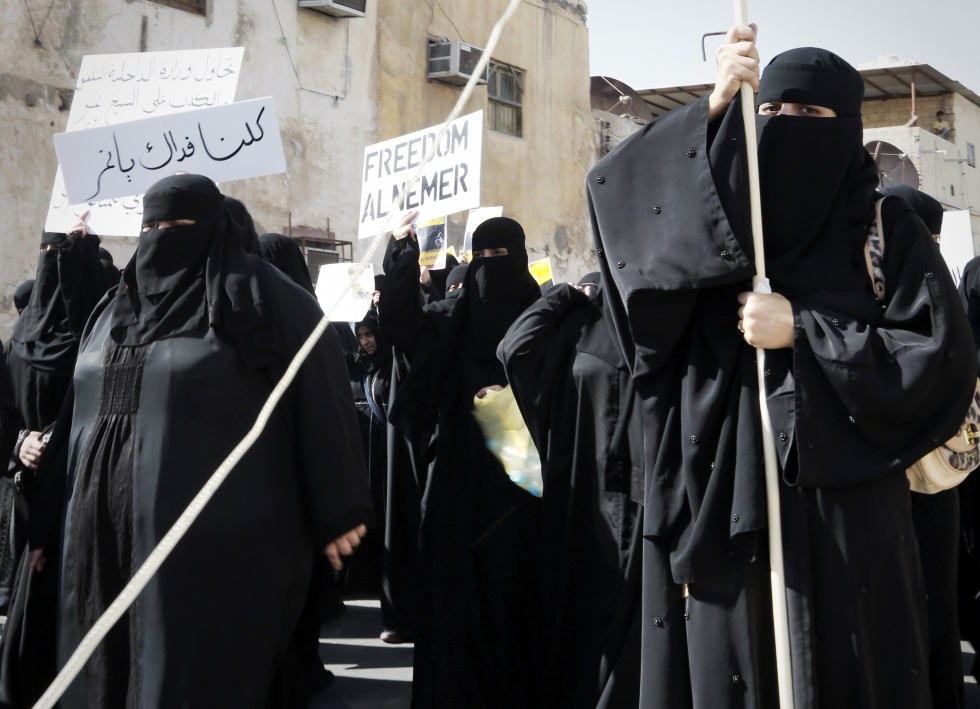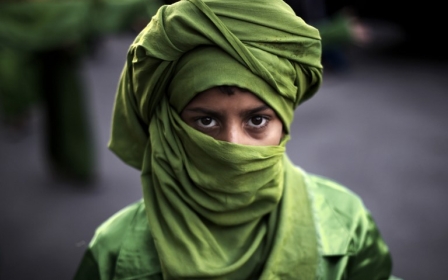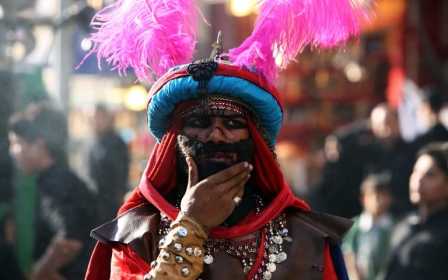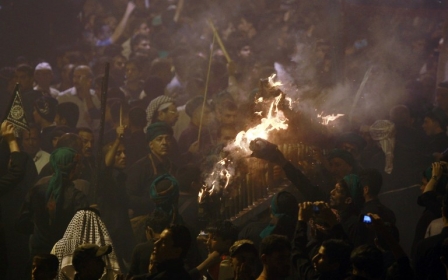Saudi Arabia arrests six over killings in eastern province

Saudi Arabia arrested six people on suspicion of carrying out an attack on Shiites in Saudi Arabia’s eastern province, killing five people.
"Follow-up measures led to the arrest of six people linked to the terrorist crime," an Interior ministry spokesman was quoted as saying by Saudi Arabia's SPA news agency.
Arrests were conducted in Shaqraa town and the eastern Al-Ahsa and Khobar regions, the spokesman added.
Masked gunmen killed five people in a mostly Shiite area of eastern Saudi Arabia late on Monday, as the minority community prepared to celebrate the festival of Ashura, police said.
Nine people were also wounded in the shooting, the latest in a spate of sporadic unrest in the oil-rich east of the Sunni-dominated kingdom where most of its two million Shiites live.
Three assailants fired machineguns and pistols on a crowd leaving a building in the village of Al-Dalwa in the Al-Ihsa district of Eastern Province, a police spokesman cited by SPA.
The spokesman did not specify what the building was or what motive the gunmen might have had.
But in postings on social networking sites, residents said that the crowd had been leaving a Shiite place of worship on the eve of Ashura, one of the main festivals of their faith.
The commemoration of Ashura, which marks the death of Imam Hussein, one of Shiite Islam's most revered figures, peaks on Tuesday.
Protests and sporadic attacks on security forces have recently wracked Shiite areas of Eastern Province where the minority community complains of marginalisation.
Tensions escalated last month after a Saudi court handed down a death sentence against leading Shiite cleric Nimr al-Nimr, a driving force behind the demonstrations.
Protests erupted in the region in February 2011 after an outbreak of violence between Shiite pilgrims and religious police in the Muslim holy city of Medina.
They escalated after the kingdom's intervention in neighbouring Bahrain later that year to support a Sunni monarchy against an uprising led by the Shiite majority. Hundreds were arrested in a subsequent crackdown, according to Amnesty International.
In July 2012, when Nimr was shot and wounded during his arrest, tensions were rekindled in the area.
After Nimr's death sentence for sedition on 15 October, his family accused the court of ignoring his "peaceful and non-violent approach," saying the case had caused "social and political discontent".
New MEE newsletter: Jerusalem Dispatch
Sign up to get the latest insights and analysis on Israel-Palestine, alongside Turkey Unpacked and other MEE newsletters
Middle East Eye delivers independent and unrivalled coverage and analysis of the Middle East, North Africa and beyond. To learn more about republishing this content and the associated fees, please fill out this form. More about MEE can be found here.




